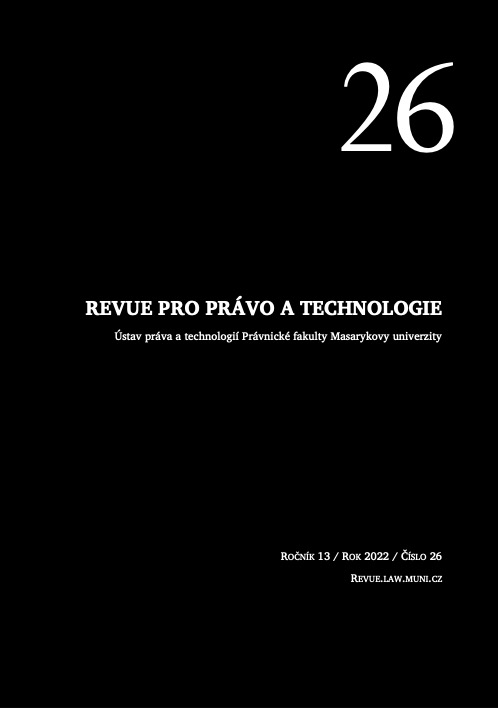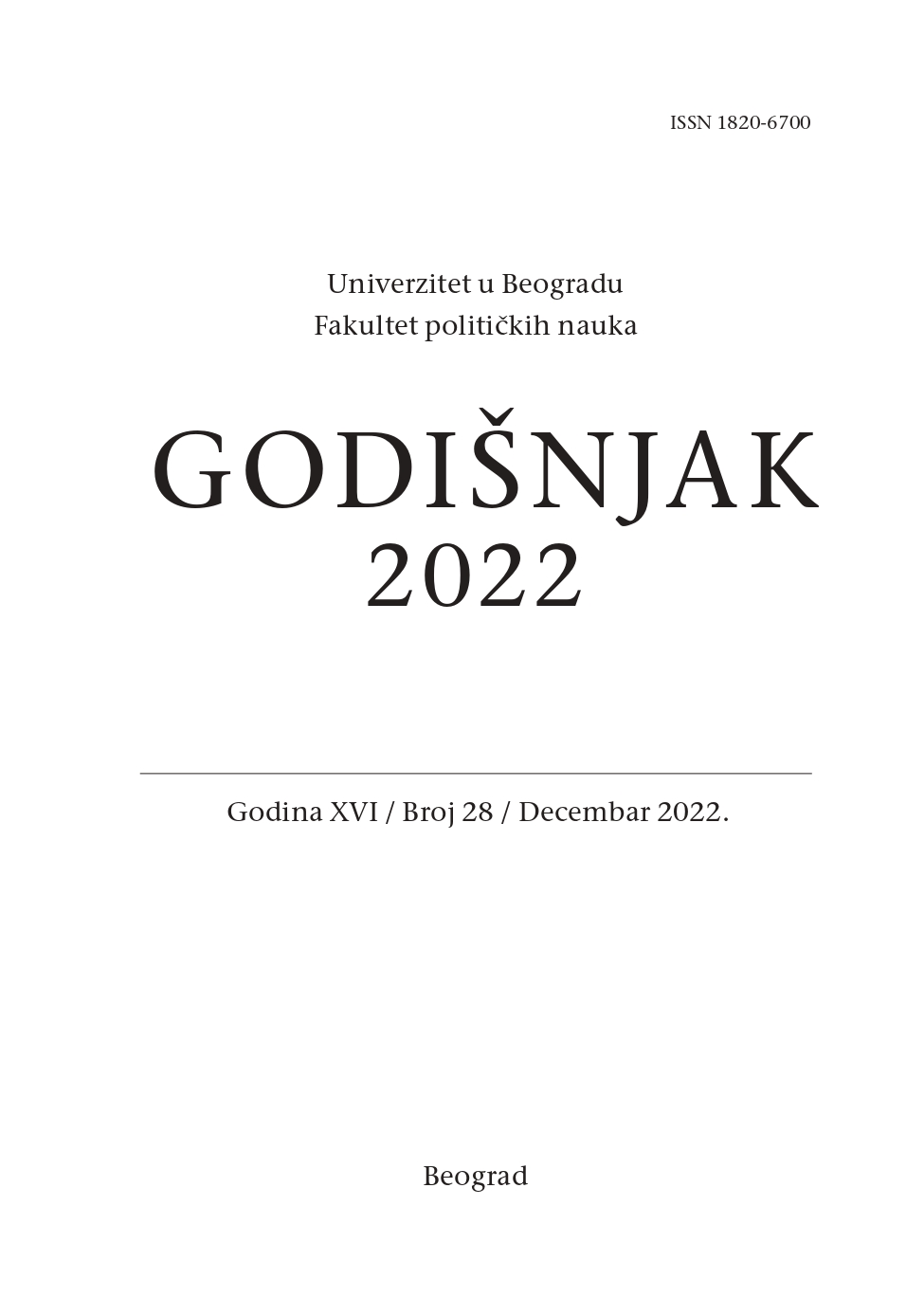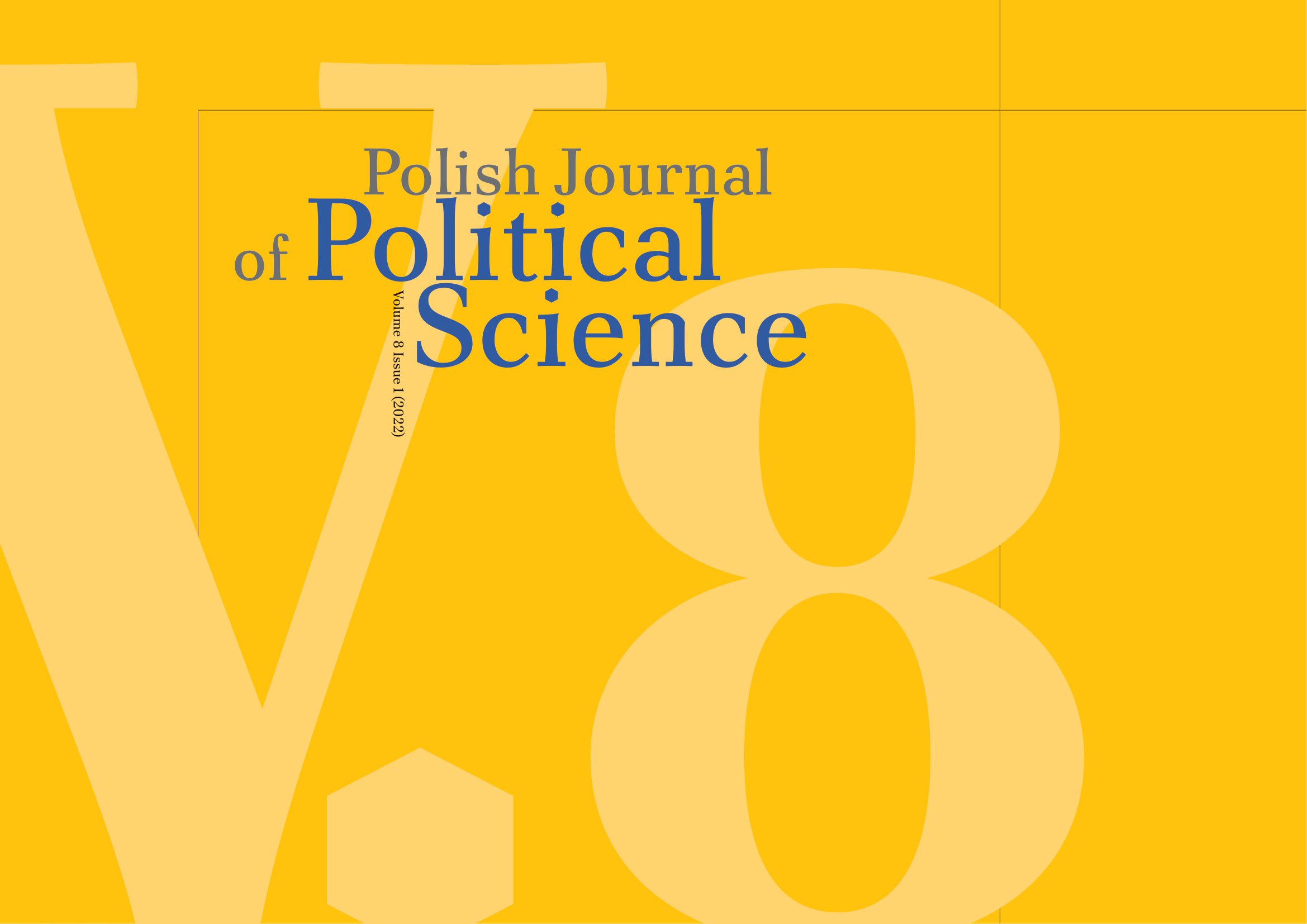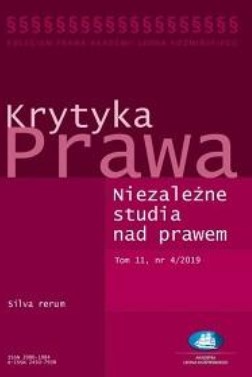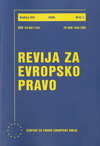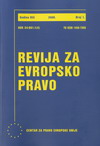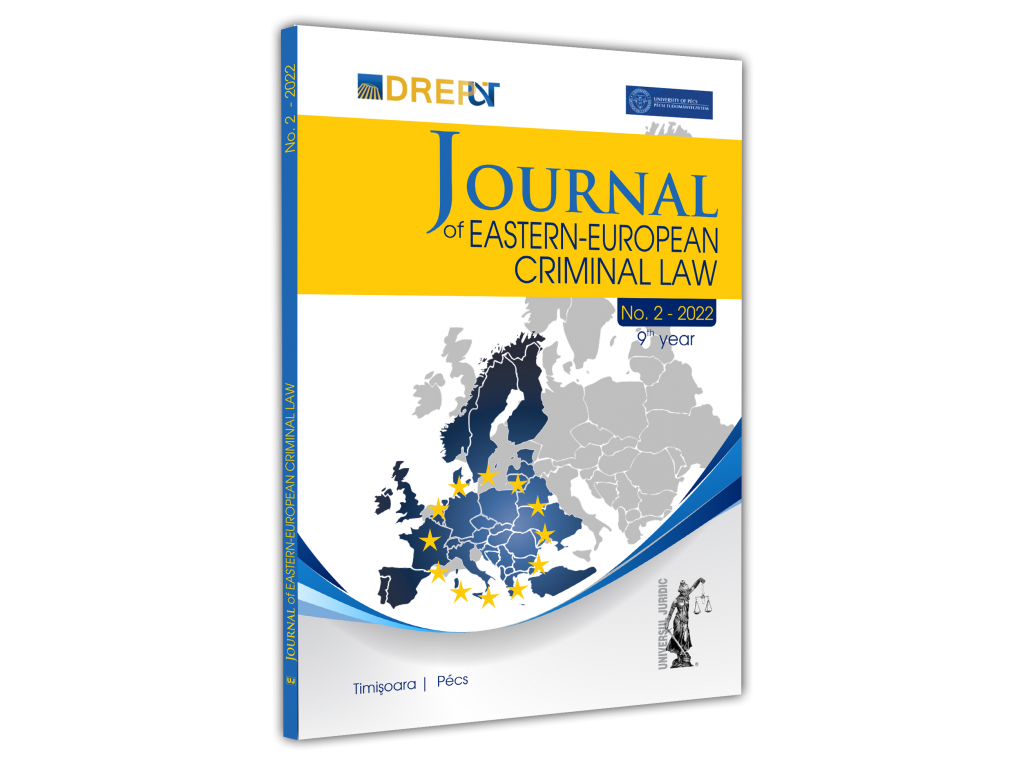
The Protecion of Victims of Crimes in Serbia
Public interest or the demand for retributive justice are only some of the postulates required for the creation of instruments and systems of victim protection in criminal law. In addition to the rights of the victim in criminal proceedings, the obligations of others, and not only the police, the prosecution and the court, appear as equivalent. The victim derives his status after the commission of a criminal act, and other entities, from social protection services to independent institutions, participate in his protection. Protection of the victim's rights is an inter-institutional matter, where it is done in the best interest of the victim. The individual approach in the field of victim protection in criminal proceedings must be continuous, with full trust in the institutions. This means that more must be done in the victim protection system, especially in the case of crimes with elements of violence, and especially where the victims are children and other particularly sensitive categories. Constant improvement of knowledge and skills in relation to victim protection among the holders of judicial functions, with police officers and lawyers is a condition without which there is no victim protection system. Through the construction of a protection system, the victim is enabled to cope more acceptably with the consequences of the criminal act, still also given protection from secondary and repeated victimization. By creating in the national legislation minimum standards in relation to the rights, support and protection of victims of criminal acts, a system of protection based on international and regional standards is created, as they have already been adopted by the domestic legislation. With this approach, a message is sent to the citizens that full respect for the human rights of the accused does not come at the expense of respect for the same rights of the victim.
More...
